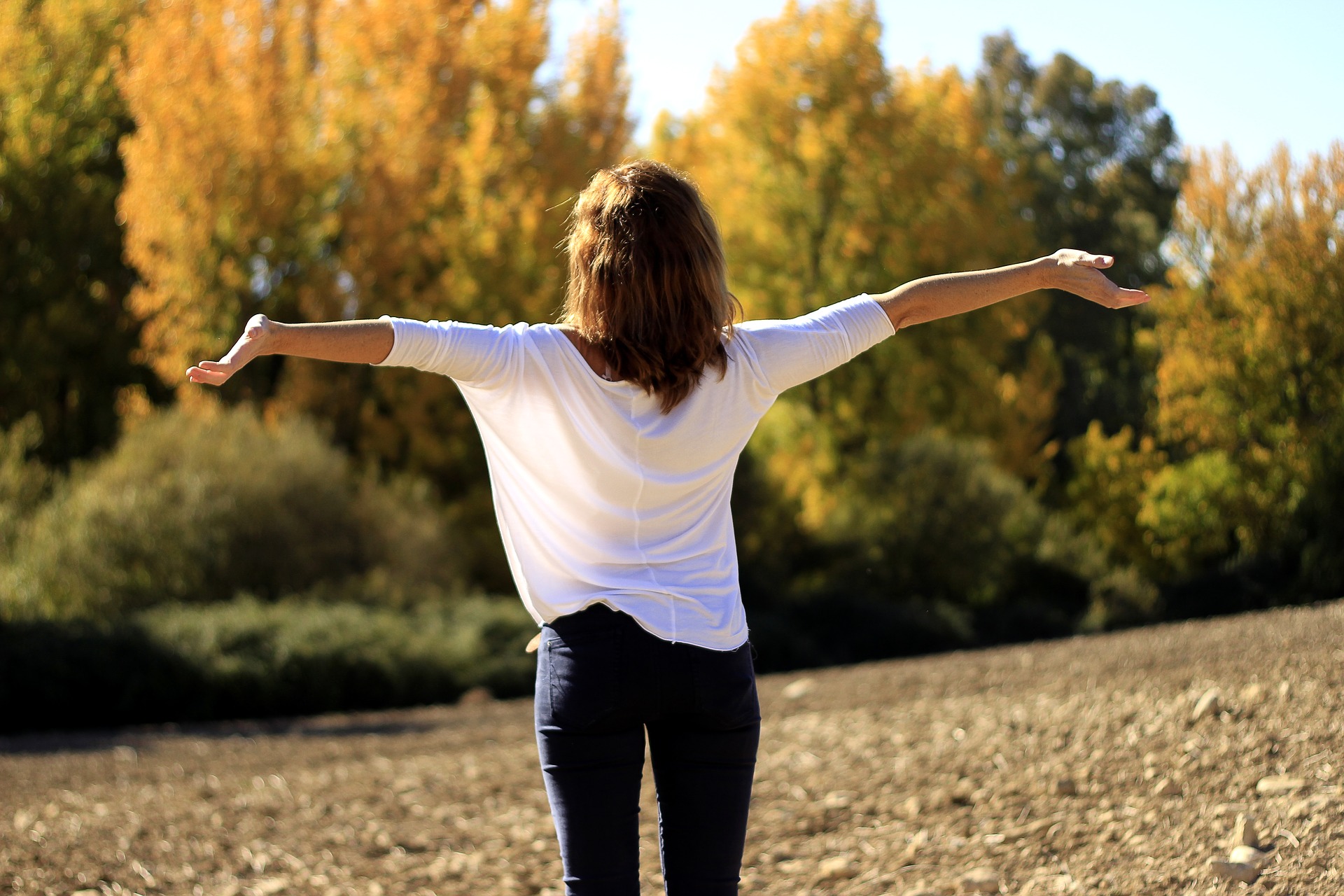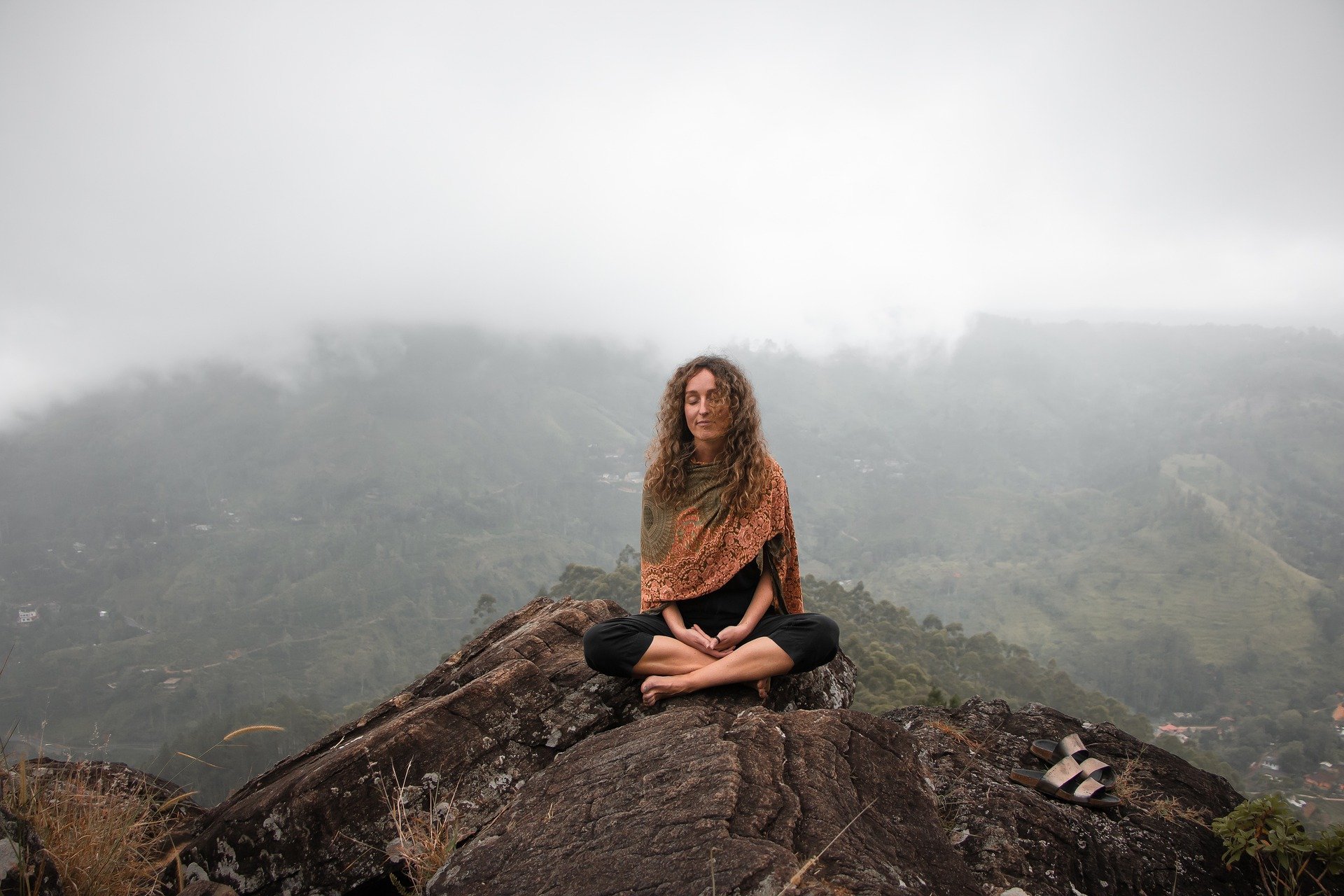Against the backdrop of the coronavirus epidemic COVID-19, society today finds itself in a situation of need to adapt to new living conditions, which are often associated with restrictions in the usual actions, pleasures, even obligations. This fact cannot but affect the psychological perception of what is happening.
Our optimal level of anxiety, which allows us to stay in tone, turns into anxiety, generates fear, and leads to panic. The reason for such panic as it now lies in fear of not knowing and not controlling what previously was always in our power. Therefore, in addition to taking care of physical health and compliance with the prevention of coronavirus infection, it is now very important to maintain mental health and psychological well-being.
Everybody should remember that forced restrictions, isolation, and other precautions are temporary. There will definitely come a moment when people will return to an ordinary life and continue their personal and professional development.

Therefore, it is essential to plan your schedule already now so that the way out of the “crisis” in which we are, is not even more painful than its beginning. Therefore, we need to learn reflection and criticism, which will help us self-organize and not fall into depression after a short euphoria of a free schedule of life at home. We need to be prepared for the fact that our mood can change. It begins to depend on the conditions of our functioning.
Willpower and inner motivation to keep yourself and your ability to work will not fall into depression and will not give in to panic and aggression.
It’s one thing we all meet at home for family dinner, share the impressions of the past day, and it’s another thing when we find ourselves in a closed space together. At the same time, each of us has his life schedule, which may not coincide with the schedule of other family members. We must remember that everyone should have their own space, no matter what their conditions. And here it is necessary to do not only self-organization, but also to help relatives to self-organize, taking into account their interests and rights. Therefore, pandemics and isolation is also a test of the strength of family relationships. Some parents think the best way to survive isolation for children is to fill their day with practical educational activities so that there is not a single minute of free time. However, at each age, every child has its resource of memory, attention, and self-regulation that limits development from overwork, so be patient with it.
Our common task is to minimize the negative consequences of the pandemic on our professional activities and family relations. Following psychological recipes for maintaining psychological well-being and self-organization in a pandemic condition, we can then painlessly return to normal life.


